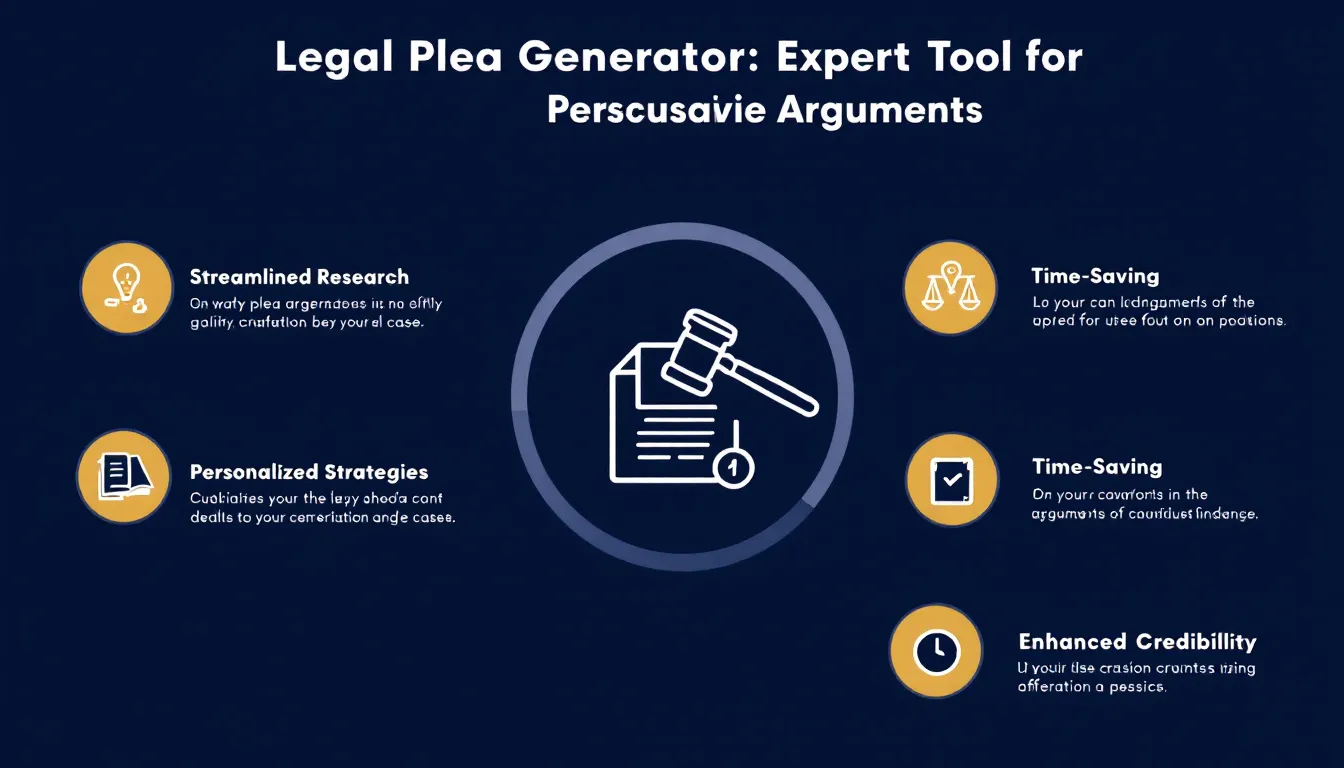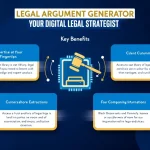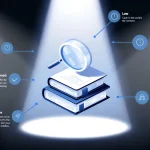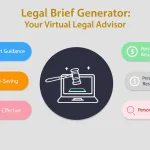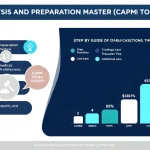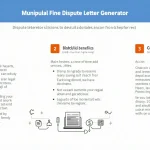Is this tool helpful?
How to Use the Legal Plea Generator Effectively
This Legal Plea Generator helps you craft clear and persuasive legal pleas quickly. Follow these steps to get the best results:
-
Brief description of the legal dispute: Enter a concise summary of your case. Examples:
- “Breach of contract involving delayed delivery of construction materials”
- “Personal injury claim due to slip and fall accident at a retail store”
-
Key points supporting your client’s position: List main evidence and arguments backing your client. Examples:
- “Signed delivery receipts proving supplier delay, photos of damaged property”
- “Medical reports confirming injuries, eyewitness statements describing hazardous conditions”
-
Main arguments of the opposing side (Optional): Outline their key points if known. Examples:
- “Supplier claims force majeure prevented timely delivery”
- “Retailer asserts warning signs were properly displayed”
-
Relevant legal statutes applicable to the case (Optional): Include laws or regulations that apply. Examples:
- “Uniform Commercial Code Section 2-610”
- “Premises Liability Act Section 34”
-
Important legal precedents supporting your case (Optional): List court decisions relevant to your arguments. Examples:
- “Hadley v. Baxendale, 9 Exch. 341 (1854)”
- “Rowland v. Christian, 69 Cal.2d 108 (1968)”
After completing the form fields, click “Generate Legal Plea.” The generator will provide a well-structured and persuasive legal plea tailored to your specific case details, helping you streamline your drafting process.
Introduction to the Legal Plea Generator: Definition, Purpose, and Benefits
What Is the Legal Plea Generator?
The Legal Plea Generator is a software tool designed to assist legal professionals in drafting compelling and persuasive legal pleadings. It transforms your input about a case into a clear, detailed plea that addresses key legal points and supports your arguments effectively.
Purpose of the Tool
This tool serves to help lawyers:
- Organize and present legal arguments clearly
- Cover all relevant statutes, precedents, and evidence
- Save time on drafting initial pleadings
- Maintain consistency in legal tone and structure
- Access a rich repository of legal knowledge
Benefits of Using the Legal Plea Generator
- Time-saving: Automates initial draft creation so you spend less time writing and more time strategizing.
- Complete coverage: Ensures critical legal points and supporting evidence aren’t missed.
- Customizable output: Offers a structured draft you can tailor to your case’s unique details.
- Consistent quality: Maintains a professional tone and logical flow across pleadings.
- Up-to-date legal references: Pulls from current statutes and key case law.
- Clear presentation: Structures legal arguments for maximum persuasiveness.
- Error reduction: Minimizes typos and formatting mistakes common in manual drafting.
Practical Usage of the Legal Plea Generator
This tool is ideal for a wide range of legal cases. Below are a few practical applications:
1. Contract Disputes
Use the generator to create a detailed plea highlighting contractual obligations, breaches, and damages with relevant laws. For example:
- Legal Dispute: Delay in delivery causing financial loss
- Client Position: Signed contracts, correspondence showing repeated delay notices
- Opposing Arguments: Force majeure defense
- Relevant Statutes: Uniform Commercial Code Section 2-610
- Key Precedents: Hadley v. Baxendale (1854)
The generated plea will frame the client’s argument clearly, emphasizing contractual rights and countering opposing defenses.
2. Personal Injury Cases
The generator structures your plea to emphasize negligence, liability, and damages based on evidence and relevant laws:
- Legal Dispute: Slip and fall injury at a commercial property
- Client Position: Photographs of hazardous conditions, medical reports
- Opposing Arguments: Property owner claims proper warning signs
- Relevant Statutes: Premises Liability Law, Section 34
- Key Precedents: Rowland v. Christian (1968)
Your plea will clearly outline liability issues while citing applicable laws and supporting evidence.
3. Intellectual Property Disputes
Lawyers can use the tool to generate detailed pleas involving patent or trademark infringement cases:
- Legal Dispute: Copyright infringement claim against competitor
- Client Position: Proof of original work, registration certificates
- Opposing Arguments: Alleged fair use
- Relevant Statutes: Copyright Act Section 107
- Key Precedents: Campbell v. Acuff-Rose Music, Inc. (1994)
The generated plea will argue your case with relevant legal backing and a logical narrative.
4. Employment Law
Use the generator for wrongful termination, discrimination, or workplace harassment cases:
- Legal Dispute: Employee wrongful termination claim
- Client Position: Performance reviews, disciplinary records
- Opposing Arguments: Claims of discrimination
- Relevant Statutes: Title VII of the Civil Rights Act
- Key Precedents: McDonnell Douglas Corp. v. Green (1973)
Your plea will present a clear defense based on documented evidence and established legal standards.
Key Features, Usage Tips, and SEO Keywords
Features to Leverage
- Easy input fields to describe your case clearly
- Optional sections for opposing arguments, statutes, and precedents
- Instant drafting of persuasive legal pleas
- Copy functionality to quickly export your plea
- Built-in validation to ensure all required data is provided
Tips for Best Results
- Be concise but specific in your case description
- Include clear, relevant evidence in the client’s position
- Add known opposing arguments to address them upfront
- Cite precise statutes and important precedents to strengthen your plea
- Review the generated draft and customize language to fit your style
Relevant Keywords for Legal Professionals
- Legal plea generator tool
- Automated legal plea drafting
- Persuasive legal arguments
- Legal dispute plea creation
- Drafting legal pleadings efficiently
- Legal precedent inclusion tool
- Statute-based legal drafting
- Case-specific plea generation
Important Disclaimer
The calculations, results, and content provided by our tools are not guaranteed to be accurate, complete, or reliable. Users are responsible for verifying and interpreting the results. Our content and tools may contain errors, biases, or inconsistencies. Do not enter personal data, sensitive information, or personally identifiable information in our web forms or tools. Such data entry violates our terms of service and may result in unauthorized disclosure to third parties. We reserve the right to save inputs and outputs from our tools for the purposes of error debugging, bias identification, and performance improvement. External companies providing AI models used in our tools may also save and process data in accordance with their own policies. By using our tools, you consent to this data collection and processing. We reserve the right to limit the usage of our tools based on current usability factors.
